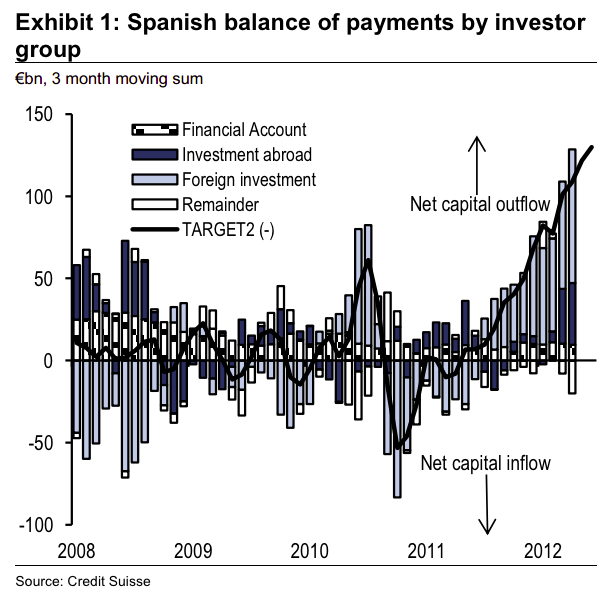By Mitch Green
Readers of this blog familiar with my previous posts know that I love trains. Sure, they’re slow. And after about twelve hours the coach cars start to get a little, well, worn. But, as a mode of conveyance they offer one time to reflect, and if you are lucky a little time to explore a new city.
Travelling from Kansas City to NYC via Chicago, I had the pleasure of visiting the Palmer House – a fine example of the workmanship of a bygone era. Upon entering the great hall I was immediately struck by the grandeur of its ceiling. I have had the privilege to experience similar wonder and amazement in travels elsewhere, and as far as ornate ceilings this was not my first time at the rodeo – I’ve been to the Sistine Chapel, after all. What struck me the most about that moment in the Palmer House was not driven by my taste for architecture or the fine arts (which is probably ‘vulgar’ by any convention), but that it serves as a lasting example of what society is capable of achieving. Continue reading













